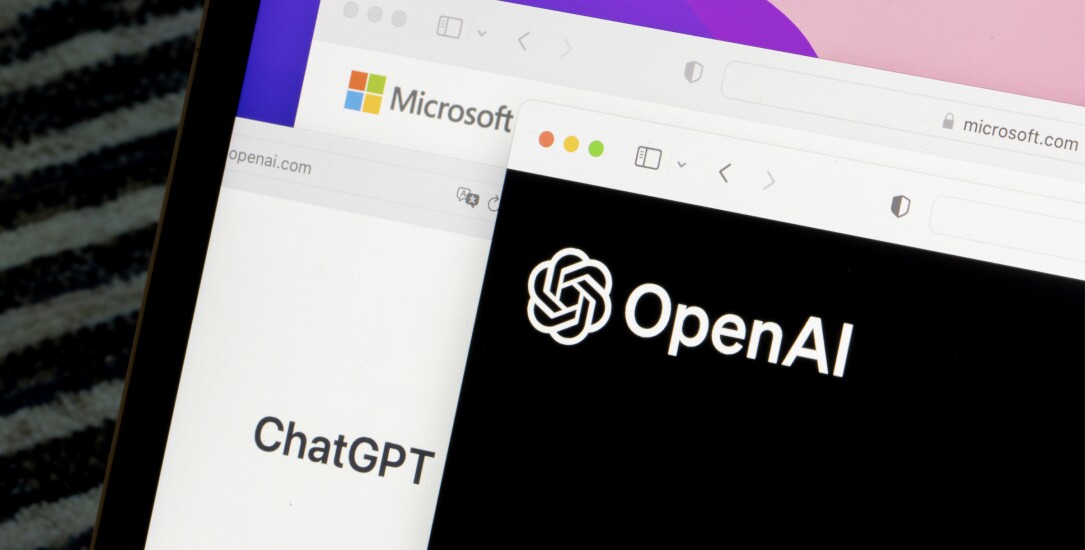As artificial intelligence continues to dominate headlines in the mainstream press, its adoption is growing in the field of home finance. Thought leaders in the space continue to explore all of the possibilities for its uses, whether it could be used as part of cybersecurity measures or deployed in combination with blockchain technology to demystify its "black-box" methodologies for automated decisions.
Still, a recent report from Fannie Mae found that while the use of artificial intelligence is on the rise, concrete new plans for future deployment of it are down. Meanwhile, AI-powered chatbots are getting a test run and the value of AI, machine learning and other tech tools in cybersecurity is giving mortgage lenders food for thought.
Read our roundup for more on these and other stories on how mortgage professionals are managing the impact of AI.









